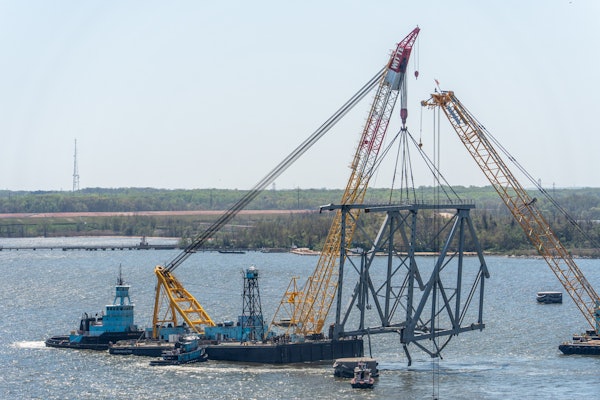The Asphalt Pavement Alliance (APA) has released a new white paper, Jobs in the Asphalt Pavement Industry: A Profile of the Men and Women Who Build Our Nation’s Infrastructure. The document highlights the varied jobs that are a part of asphalt road construction and the collective impact that the industry has on the rest of the economy.
The APA is a coalition of the National Asphalt Pavement Association, the Asphalt Institute, and the State Asphalt Pavement Associations
“While asphalt pavements serve a national market, they are built by people who live and work in the areas that they serve,” commented Christie Barbee of the Carolina Asphalt Pavement Association, co-chair of the team that created the document.
“Asphalt jobs truly are Main Street jobs that cannot be outsourced overseas. Asphalt jobs are also green jobs, because asphalt is America’s most reused and recycled material, and virtually every worker in the industry is involved in reuse and recycling in some way,” she continued.
“The asphalt pavement industry is proud to support the people who rely on our country’s infrastructure as well as those who have made the industry a career choice,” said Patty Long of the National Asphalt Pavement Association, also a co-chair of the team. “With one-third of our nation’s infrastructure in poor condition and construction unemployment at twice the national rate, there is a need to put people back to work preserving our infrastructure. This paper breaks down the industry by the numbers, to show the important role that workers in the asphalt and contributing industries play in the lives of all Americans.”
The three-page document points out that an asphalt road could not be constructed without civil engineers, technologists, researchers, raw material suppliers, asphalt mix producers, truck drivers, aggregate producers, equipment manufacturing workers, construction equipment distributors, and many others who work behind the scenes. In addition, $6.2 billion of economic activity is generated for every $1 billion invested in federal highways.









